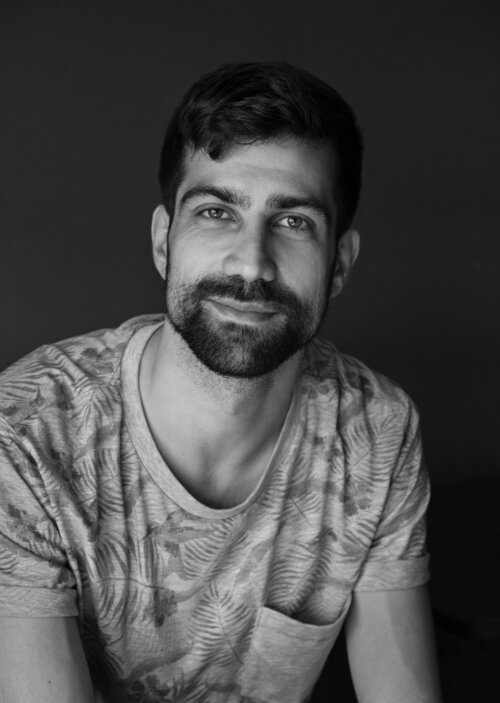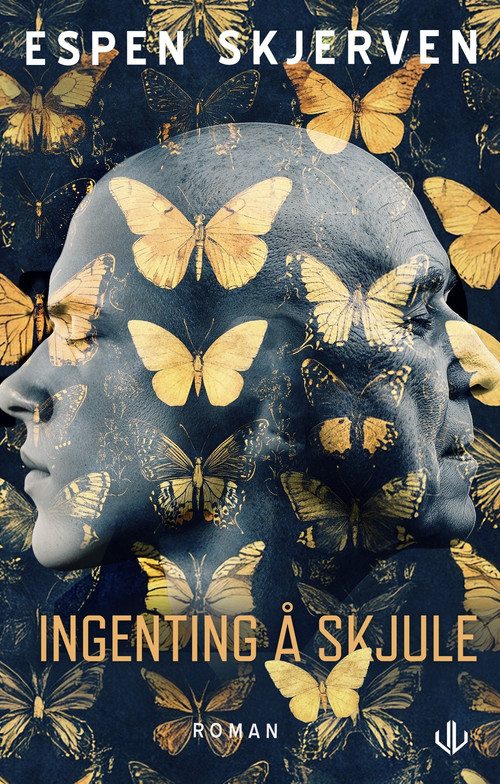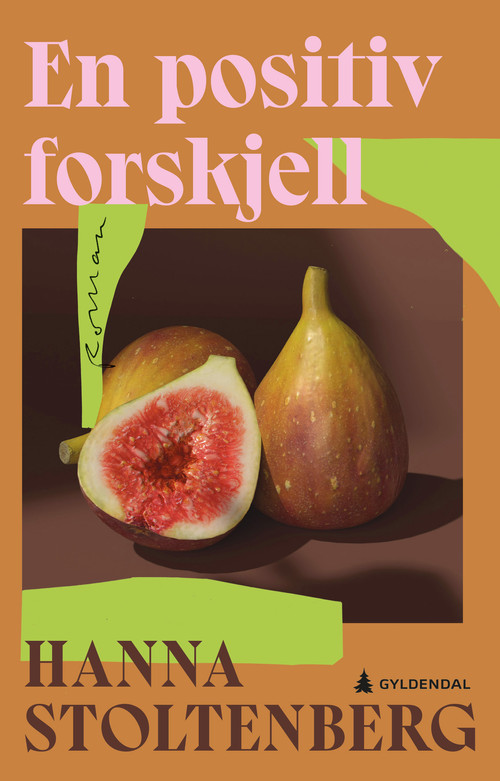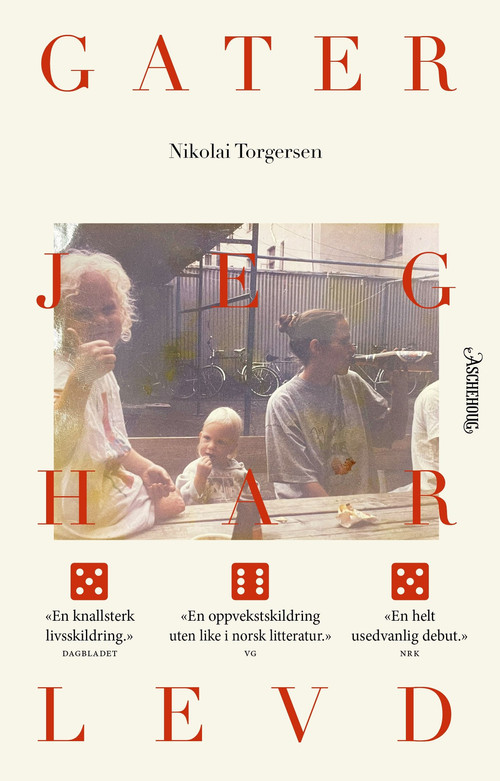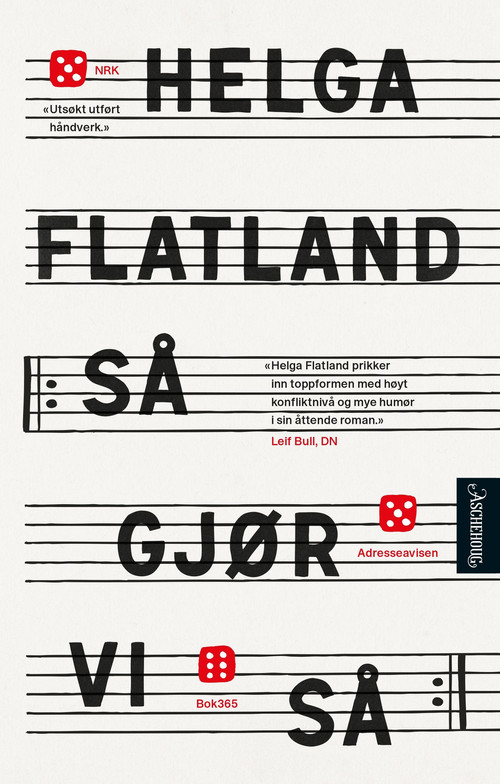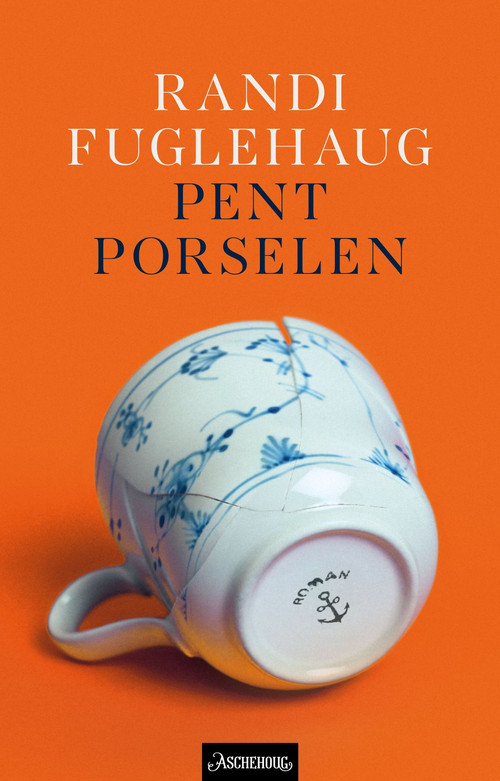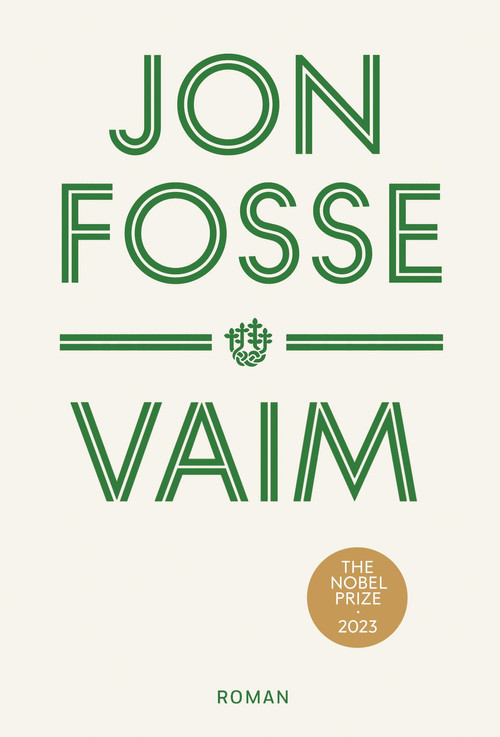A profoundly literary and authentic voice, describing second generation immigrants' position as both insider and outsider in Norwegian society
"I’ts not gonna happen. I don’t like writing. At least not writing a journal, man. That’s for cunts, man. I prefer talking, you know. But ok, yeah man, I’m Jamaal. Black, Muslim, from Stovner, T.U.V. – Tante Ulrikkes street, you know, always representing.”
“It is tradition to name your firstborn Mohammed, and the Prophet is the Role model for all Muslims, but like, when it is so important to them that I go out there and get a nice job and all that, I really don’t get it, why they gave me that name.”
It is Norway in the 2000s. Two boys grow up on the street Tante Ulrikkes vei in Stovner, the north-east part of Oslo. Their parents had hope. They themselves are in the middle of the transition between suburb and wider society, between car wash and student canteen, exam grades and keef.
More than 150.000 copies sold
More than one year on the bestseller list
Winner of the Tarjej Vesaas' Debutant Prize 2018
Stage play in spring 2019
Film adaptation 2022
[A] powerful, important and artistically successful novel about growing up as a second generation immigrant in Oslo-Suburbia.
Our Street isn’t important because it represents something or someone, but because it’s a really great novel.
(…) hardly anything to put your finger on, so you start wondering which name the author has used for his previous novels.
The novel offers political awareness on a difficult subject. It offers drugs, unemployment, child neglect, but also care, warmth, humor and a pride over your roots.
